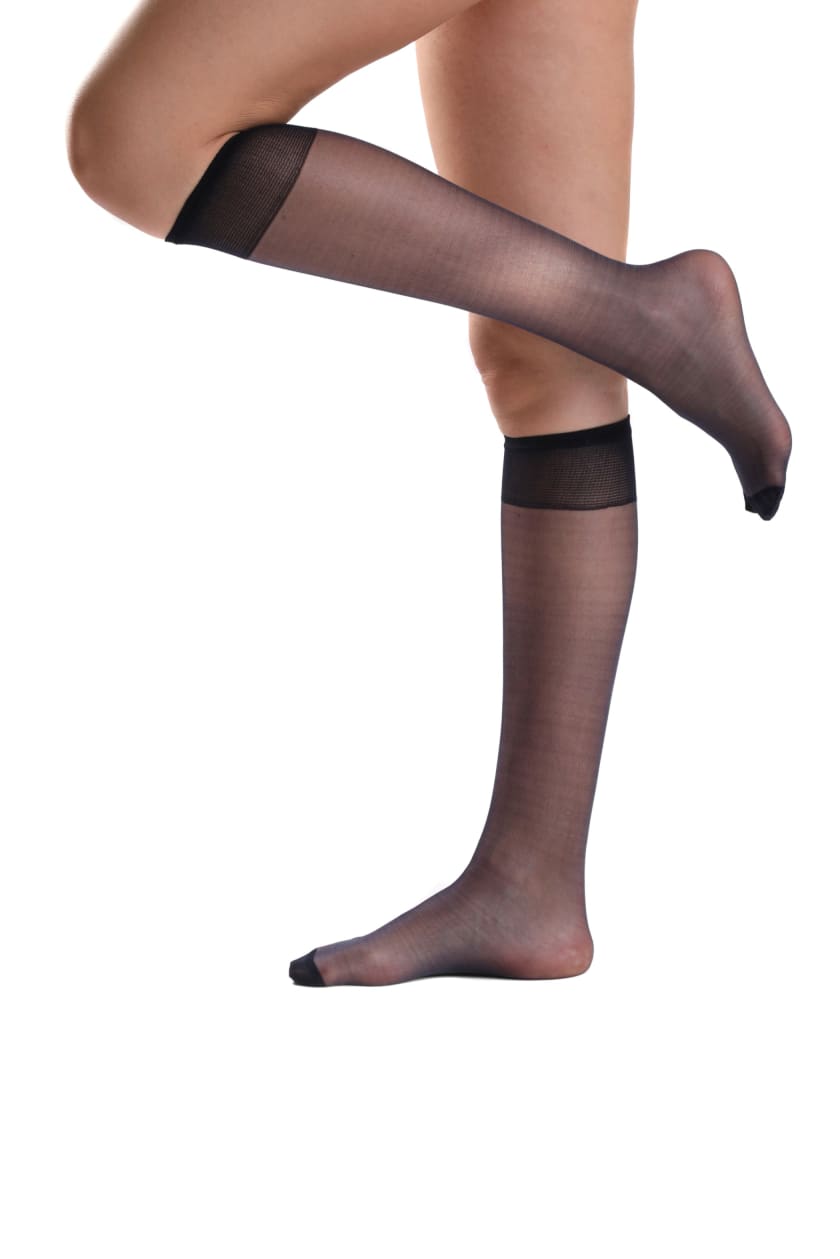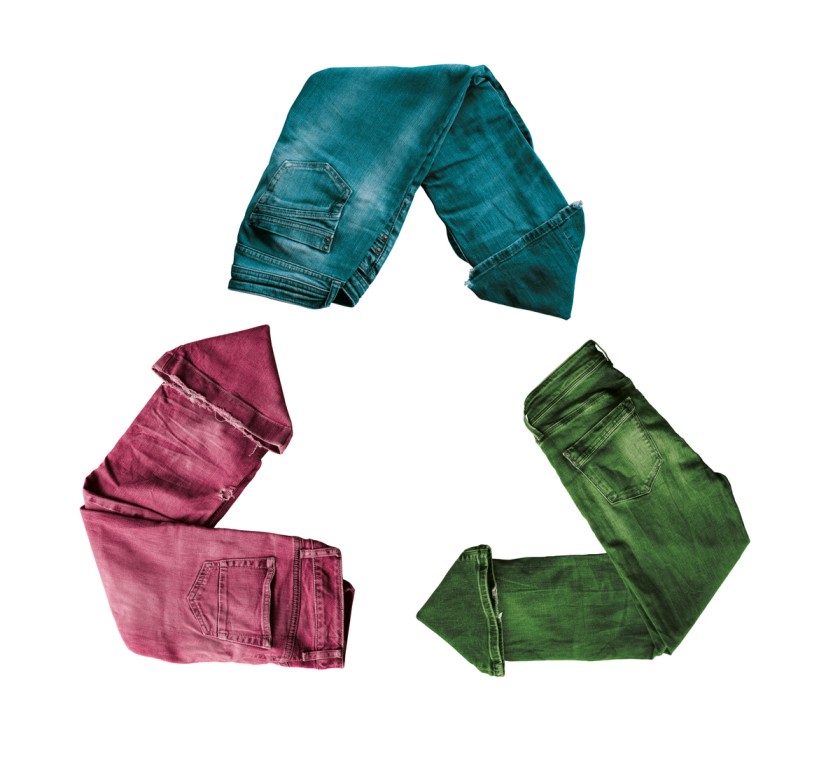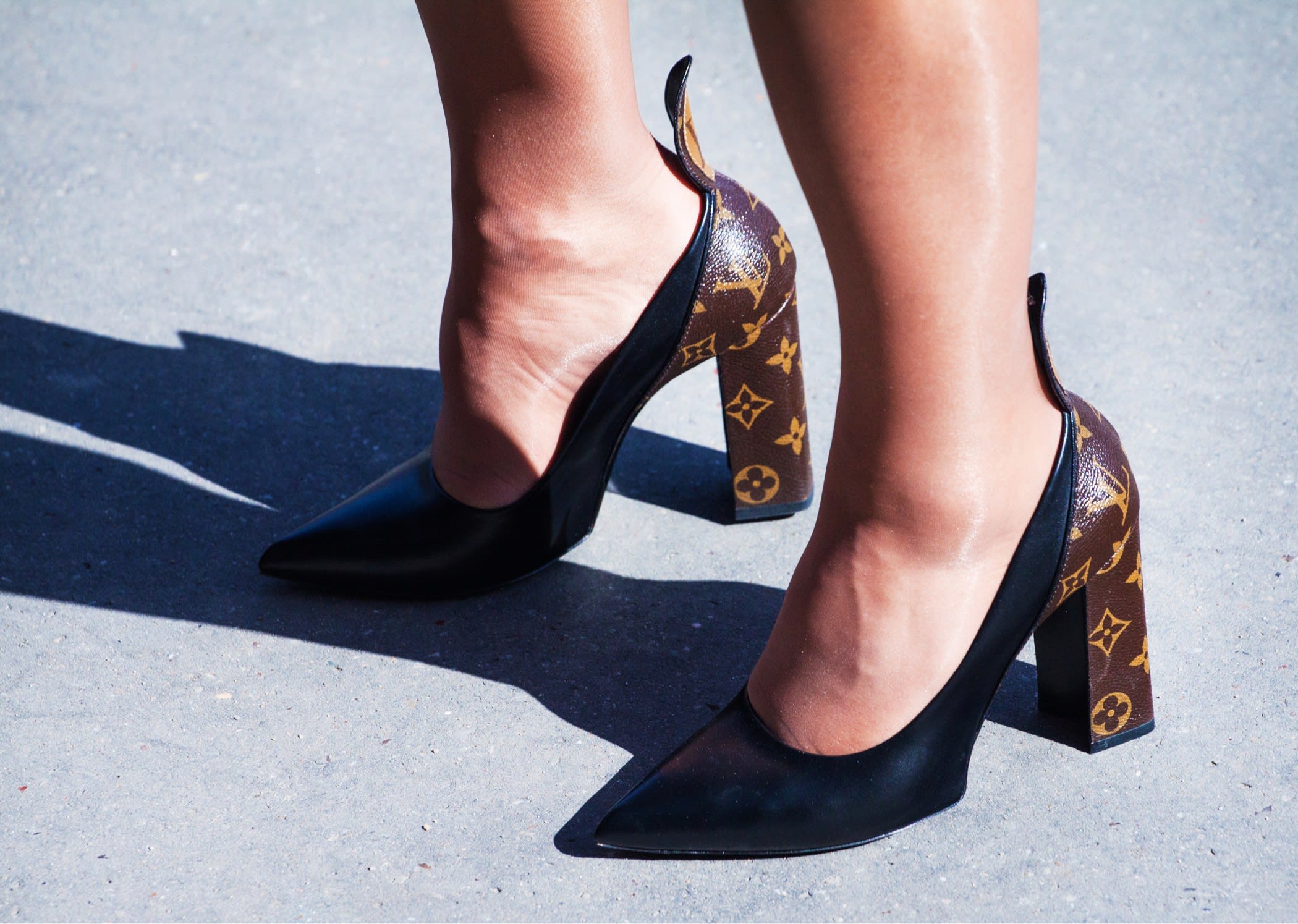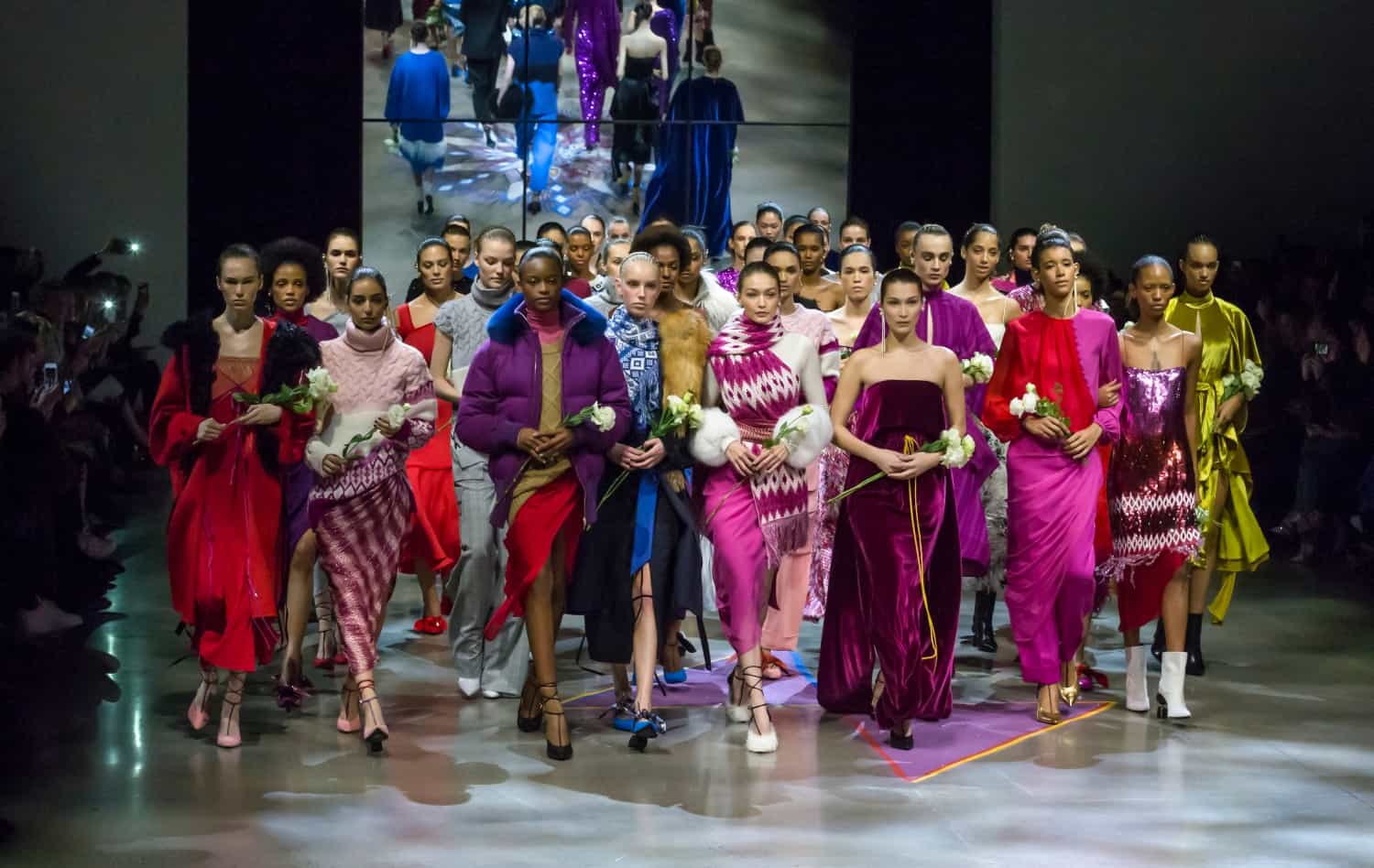Young Shoppers Shifting to Secondhand Fashion



A lot of youngsters have been shifting actively towards secondhand fashion. This can be due to the increasing awareness about sustainable clothing. Secondhand clothes have posed a severe threat to the fashion retail industry. Numerous brands have started formulating strategies to cope with this rising trend in the fashion world.
In a recent study by shopping and fashion, it was found out that fifty-seven percent of shoppers between the ages of 13 and 37 do not pay the total price of their clothes. This is due to budget constraints and can also be caused due to the use of EMIs as a credit option.
Rise of Swishing and Thrifting
Youngsters who prefer secondhand clothes usually visit thrift markets to shop for clothes at a discounted price. These shopping behaviors are propelled by the rise of trends like swishing and thrifting. Swishing is the practice of swapping clothes with friends or acquaintances. In their research, Mintel, a global market intelligence agency, found that about three-fourths of 16 to 24-year-olds said they are either actively involved in swapping clothes with their friends or plan to do so in the future.
Thrifting means buying from stores that can provide clothes at a discounted price. Thrift stores are known to keep secondhand clothes in abundance, which means a broader range of options for buyers. YPulse, in their shopping and fashion survey, found that about twenty-five percent of 13 to 37-year-old female shoppers and approx twenty-nine percent of 18-24-year-old female shoppers prefer to buy clothes from resale or secondhand clothes apps.
Why This Shift?
Several fashion brands have been pondering why there is this shift in the clothing choices of youngsters across the world. These trends can be explained by the increased search for unique clothes on the resale platforms. Big brands believe that this trend is also due to the rise of a community of like-minded youth that likes to buy sustainable clothes.
A Depop’s survey revealed that approx 75 percent of the youth had bought secondhand clothes to reduce consumption of clothes while 65 percent chose resale clothes for their affordability.
Eco-consciousness

Youngsters have become more and more conscious about what is happening worldwide, and they are demanding significant reforms to conserve nature. One such movement is the fight for sustainable clothing options. Social media have played a crucial role in spreading awareness about sustainability. Concepts like circular clothing or swapping clothes in closed circles have played a major role in shaping the clothing habits of young shoppers. For some, wearing secondhand clothes shows support towards a green planet.
Resale Apps Are Making News
Resale apps have already made a considerable impact on the fashion industry. Insiders, in their report, stated that the growing popularity of resale apps has been hurting the sales of several fashion brands. IBISWorld reported that the 20 billion dollar resale industry has been outperforming the fashion brands for five years.
ThredUp, in its report, estimated that the resale industry will double by 2022 and will eventually surpass the fast fashion industry by 2027. Forbes has also reported that they feel a drop of 4.8 percent, pressurizing big brands to change their strategies to appeal to young customers.
Role of Pandemic

Pandemic has put an economic strain on several people, and about thirty-three million shoppers bought secondhand clothes for the first time in 2020. And among these shoppers, approximately seventy-six percent are likely to spend the next five years on used clothes because they find them affordable.
The coronavirus pandemic has changed the minds of customers about clothing. And a post-pandemic customer is indeed a gem for several resale brands trying to compete with big brands. Moreover, customers have also been cautious about the quality of their clothes because they do not want to reduce their resale value.
How Brands Are Gearing Up for This Shift
Due to this shift, we can see the emergence of resale apps such as Depop, Vinted, etc. These apps offer customers the option to resell clothes just like they buy a brand-new cloth, i.e., with a click of a button on an e-commerce platform.
To tackle this growing concern, big brands are partnering with resale brands. Ralph Lauren has recently struck a deal with Depop, where they have curated a collection of vintage clothes named Re/Sourced. Madewell has also partnered with a fashion resale app to launch series such as “The Madewell Archive,” which has a collection of used jeans refurbished and sold in the stores. Some collections' jeans are pre-owned by celebrities, giving a brand a luxurious outlook.
While some brands rely on partnerships with resale brands, others have made long-term investments in resale brands. Big names like H&M have brought a large number of stakes in a Swedish resale app called Sellpy. Sellpy has been making plans for worldwide expansion, intending to become fully circular. And with the backing of a big brand like H&M, it might well make a worldwide presence very soon.
ThredUp, in its reports, found that Gen Z and millennials have accepted secondhand clothes 2.5 times faster than the rest of the generations. And some brands believe that this trend will influence the coming generations, creating a significant shift in the fashion industry.
In these times of climate crisis, we cannot expect people to wear what they have been wearing for a long time. It’s time for sustainable clothing options. Even big brands like Levi’s have been opening repair counters in their shops to promote sustainable clothing. Furthermore, these counters will also give customers a chance to modify their clothes as per their choice.
If a fashion retail business wants to be a part of this movement and wants to have secondhand clothes in their collection, they can get in touch with Fashinza. Brands can use their platform to place manufacturing orders for their collections and have them delivered, with options to track, communicate, make payments along the way. They make the apparel manufacturing process hassle-free, fast, and transparent for the brands.



















